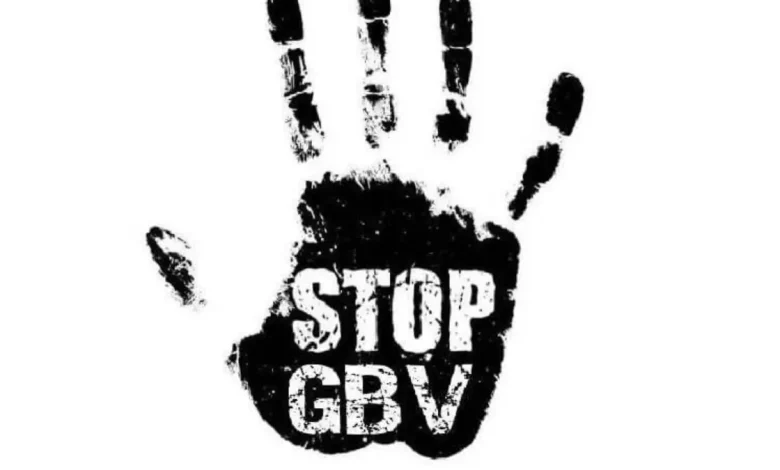Police Urge Against Withdrawing GBV Cases to Protect Justice System

Gender-based violence (GBV) remains a critical issue in South Africa, with authorities emphasizing the importance of pursuing justice to protect victims and hold perpetrators accountable. Recently, Gauteng authorities have raised concerns about the increasing number of GBV cases being withdrawn by victims. Police and community safety officials strongly urge victims not to withdraw their cases, warning that doing so undermines the justice system and puts victims at greater risk.

ALSO READ: Gauteng Police Launch Major Anti-Gang Crackdown in Newclare and Eldorado Park
Rising Trend of GBV Case Withdrawals
During an oversight visit to the Fochville police station, the Gauteng Portfolio Committee on Community Safety discovered that 64 GBV cases had been withdrawn by victims. This pattern is not isolated but reflects a wider provincial and national concern. Portfolio Committee Chairperson Bandile Masuku condemned the withdrawals, stating that this practice weakens efforts to combat GBV and allows perpetrators to commit repeat offenses such as rape, assault, and even murder.
Why Withdrawing GBV Cases Harms Victims and Society
When victims withdraw GBV cases, it often leaves them vulnerable to further violence. It also damages the integrity of the criminal justice system by preventing perpetrators from facing consequences. Authorities warn that withdrawal can embolden offenders, increasing the likelihood of repeated attacks within communities. Therefore, standing firm with victims and supporting them through the legal process is crucial to breaking the cycle of violence.
Challenges in GBV Investigations and Support
Delays and systemic challenges in investigating GBV cases contribute to victims’ frustrations and sometimes lead to case withdrawals. The Portfolio Committee on Police has expressed concern over slow investigations, which erode public trust in law enforcement. For example, investigations into a high-profile GBV case in Matatiele were delayed, highlighting the need for better resources and faster responses.
Moreover, insufficient psycho-social support for victims exacerbates their trauma. Authorities acknowledge that social development departments must provide timely assistance to help victims navigate the legal process and recover from abuse.
Strengthening Police Capacity and Community Support
To improve outcomes, the Family Violence, Child Protection and Sexual Offences (FCI) Unit requires better staffing and resources. Currently, the unit operates below its full capacity, which affects investigation quality and speed. Enhancing police capabilities and ensuring adequate support services are essential steps to restore confidence in the justice system.
Community involvement is also vital. Police and safety committees encourage communities to support victims and discourage withdrawing cases. Public awareness campaigns aim to educate victims about their rights and the importance of pursuing justice.
The Role of Arrests and Enforcement in Combating GBV
The South African Police Service (SAPS) has intensified efforts to combat GBV, with recent operations leading to over 200 arrests for rape and related crimes nationwide in just one week. These actions demonstrate law enforcement’s commitment to holding offenders accountable and protecting vulnerable populations.
However, critics argue that SAPS must improve transparency and accountability, especially regarding crime statistics on GBV. Accurate data is crucial for tracking progress and allocating resources effectively.
Upholding Justice to End GBV
Withdrawing GBV cases threatens both victims’ safety and the justice system’s credibility. Police and government officials urge victims to remain steadfast and seek support to ensure perpetrators face justice. Strengthening investigative capacity, providing timely victim support, and fostering community solidarity are key to reducing gender-based violence in South Africa. Together, these efforts can help build a safer society where victims are protected and offenders are held accountable.



